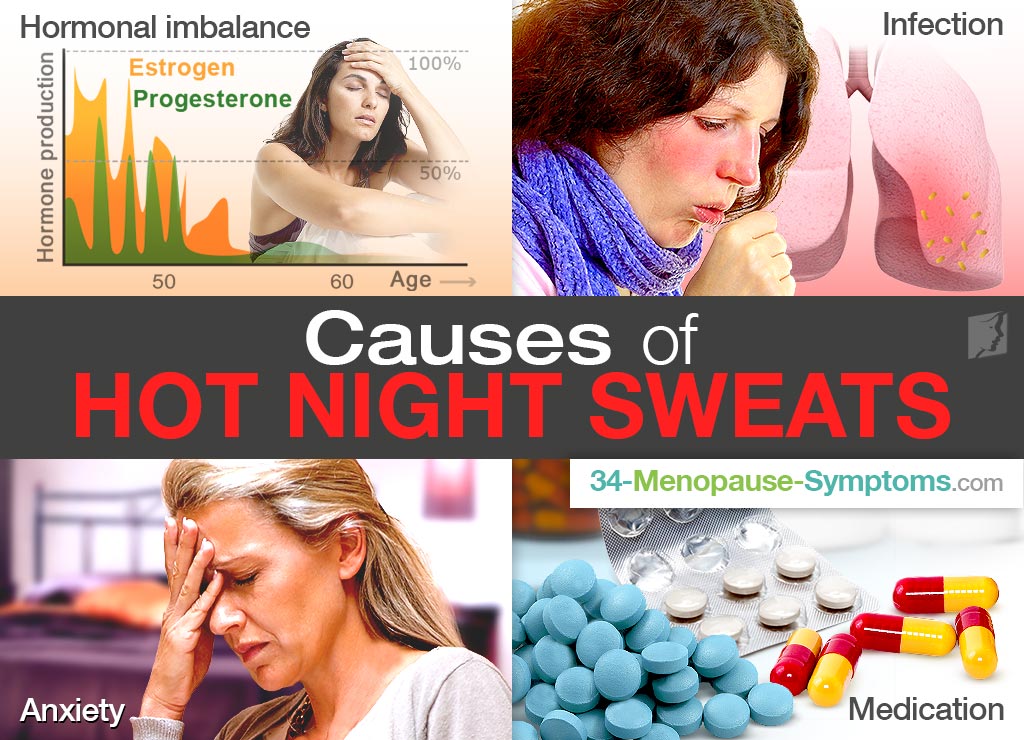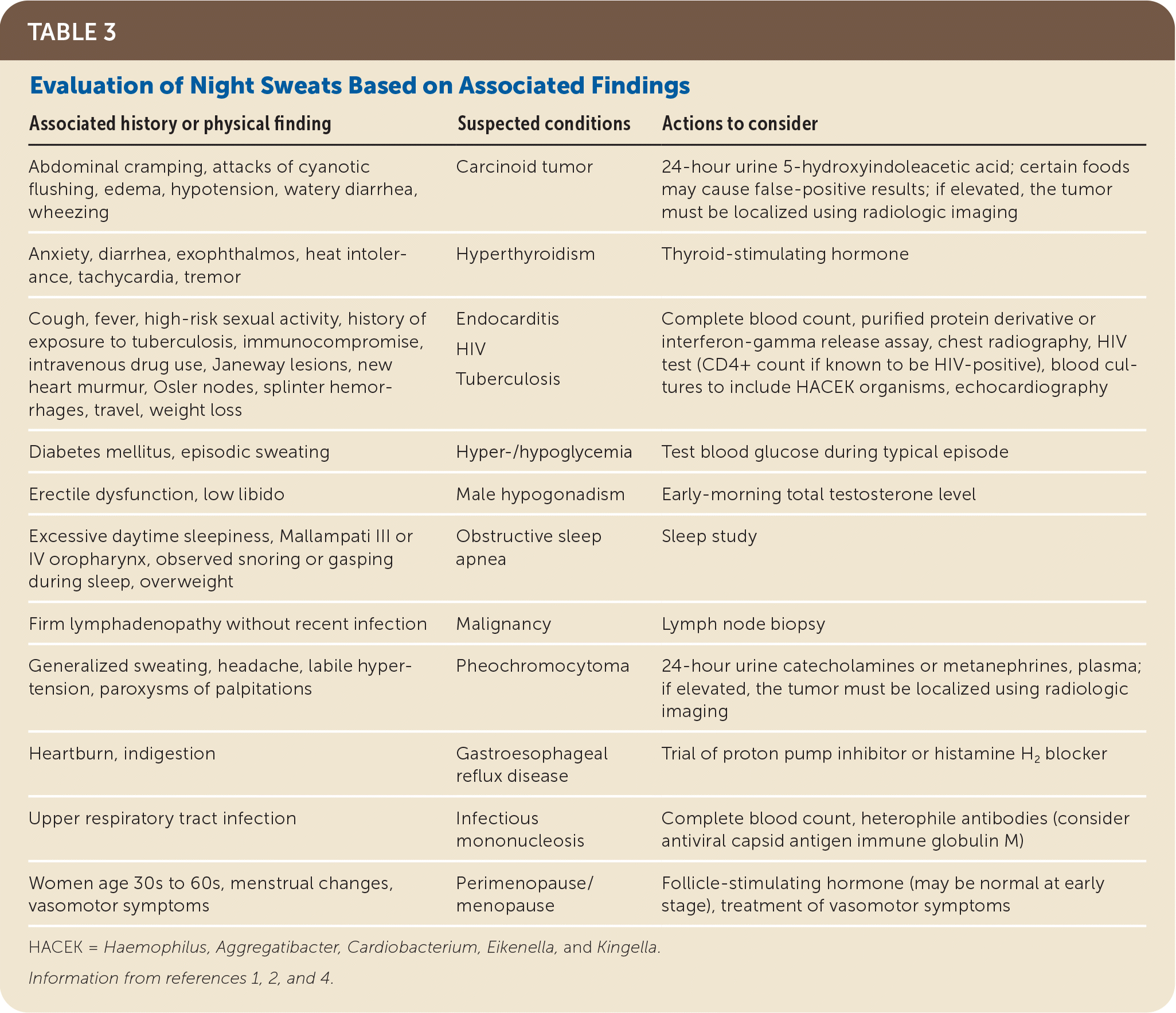Night Sweats While Breastfeeding: Causes, Solutions, and Support
The journey of breastfeeding is a beautiful and demanding one, filled with joy, challenges, and a whole lot of hormonal shifts. One of the more uncomfortable experiences many breastfeeding mothers encounter is night sweats. Waking up drenched in sweat, sometimes multiple times a night, can disrupt sleep, leaving you feeling exhausted and struggling to care for your little one. But what causes these nighttime drenchings, and more importantly, what can you do about them? This article delves into the impact of night sweats during breastfeeding, exploring the common causes, effective solutions, and vital support systems available to help you navigate this often-unpleasant symptom.
The Impact of Night Sweats on Breastfeeding Mothers
Night sweats can significantly impact a breastfeeding mother’s well-being. Beyond the discomfort of waking up soaked in sweat, the effects can include:
- Sleep Disruption: Frequent awakenings can lead to fragmented sleep, contributing to fatigue, irritability, and difficulty concentrating.
- Exhaustion: Chronic sleep deprivation can make caring for a newborn even more challenging, impacting your ability to feed, soothe, and bond with your baby.
- Mood Changes: Hormonal fluctuations and lack of sleep can contribute to mood swings, anxiety, and even postpartum depression.
- Physical Discomfort: The constant feeling of being wet and cold can be unpleasant and contribute to chills.
- Increased Laundry: Dealing with damp sheets and pajamas adds another task to an already busy schedule.
Understanding the impact of night sweats highlights the importance of finding and implementing effective solutions.
What Causes Night Sweats While Breastfeeding?
Several factors contribute to night sweats during breastfeeding. These are primarily linked to the hormonal changes associated with postpartum recovery and lactation.
- Hormonal Fluctuations:
- Estrogen Decline: After pregnancy, estrogen levels plummet. Estrogen plays a role in regulating body temperature, and its decline can trigger hot flashes and night sweats.
- Prolactin’s Influence: Prolactin, the hormone responsible for milk production, can also affect body temperature regulation.
- Postpartum Hormonal Shifts: Your body is still adjusting to not being pregnant, causing hormonal fluctuations that can trigger night sweats.
- Breastfeeding Itself:
- Milk Production: The energy expenditure required to produce breast milk can increase body temperature.
- Oxytocin Release: During breastfeeding, the release of oxytocin can also temporarily raise body temperature.
- Other Potential Causes (Less Common):
- Thyroid Problems: An overactive thyroid (hyperthyroidism) can cause night sweats and other symptoms.
- Infection: Infections, such as the flu or a urinary tract infection (UTI), can trigger fever and night sweats.
- Medications: Some medications, like certain antidepressants, can have night sweats as a side effect.
- Postpartum Anxiety/Depression: Anxiety and depression can sometimes manifest physically, including night sweats.
Effective Solutions and Management Strategies
Fortunately, there are several strategies to help manage and reduce night sweats.
- Environmental Adjustments:
- Cool Bedroom: Keep your bedroom cool and well-ventilated. Use a fan to circulate air.
- Light Bedding: Opt for lightweight, breathable bedding made from natural fibers like cotton or linen.
- Cool Pajamas: Wear loose-fitting, breathable pajamas. Consider moisture-wicking fabrics designed to draw sweat away from the skin.
- Lifestyle Modifications:
- Hydration: Drink plenty of water throughout the day.
- Avoid Triggers: Limit or avoid alcohol, caffeine, and spicy foods, as these can sometimes exacerbate night sweats.
- Stress Management: Practice relaxation techniques like deep breathing, meditation, or yoga to manage stress, which can worsen night sweats.
- Medical Considerations:
- Consult Your Doctor: If night sweats are severe, persistent, or accompanied by other concerning symptoms (fever, weight loss, fatigue), consult your doctor to rule out any underlying medical conditions.
- Hormone Therapy (If Necessary): In some cases, your doctor may consider hormone therapy, but this is usually not recommended while breastfeeding unless carefully evaluated and monitored.
- Over-the-Counter Options:
- Keep cool compresses or ice packs nearby.
- Consider a cooling mattress pad or pillow.
- Track Your Symptoms:
- Keep a journal of your night sweats: note the frequency, intensity, and any potential triggers. This can help you and your healthcare provider identify patterns and find solutions.
Seeking Support: Where to Turn
Navigating night sweats while breastfeeding can be challenging. Don’t hesitate to seek support from the following resources:
- Your Doctor or Obstetrician: They can assess your symptoms, rule out any underlying medical conditions, and offer personalized advice.
- Lactation Consultant: A lactation consultant can provide breastfeeding support and address any concerns related to milk supply or latch.
- Postpartum Support Groups: Connecting with other mothers can provide emotional support and a sense of community.
- Online Forums and Communities: Online forums dedicated to breastfeeding and postpartum health offer a platform to share experiences and gain advice.
- Mental Health Professionals: If you are experiencing mood changes, anxiety, or depression, seek help from a therapist or counselor.
Frequently Asked Questions (FAQs)
- How long do night sweats last while breastfeeding? Night sweats often subside within a few months after delivery as hormone levels stabilize. However, they can persist throughout the breastfeeding period for some women.
- When should I be concerned about night sweats? Consult your doctor if your night sweats are severe, persistent, accompanied by fever, weight loss, unexplained fatigue, or other concerning symptoms.
- Can night sweats affect my milk supply? While night sweats themselves don’t directly affect milk supply, the fatigue and sleep disruption they cause can indirectly impact your ability to breastfeed effectively. Prioritizing rest and managing symptoms is crucial.
- Are there any medications to stop night sweats while breastfeeding? Your doctor can discuss medication options if necessary, but the primary focus is usually on lifestyle changes and environmental adjustments. Always discuss any medications with your doctor, especially while breastfeeding.
- Is it normal to experience night sweats even if I’m not breastfeeding? Yes, night sweats can occur due to other hormonal changes, infections, or medications. Consult a doctor if you have night sweats without breastfeeding.
Conclusion
Night sweats during breastfeeding are a common and often temporary inconvenience. By understanding the causes, implementing practical solutions, and seeking support when needed, you can effectively manage this symptom and prioritize your well-being. Remember to listen to your body, prioritize rest, and don’t hesitate to reach out to your healthcare provider for personalized advice and guidance. Your journey as a breastfeeding mother is a testament to your strength and dedication – taking care of yourself is essential to ensure both you and your baby thrive.




